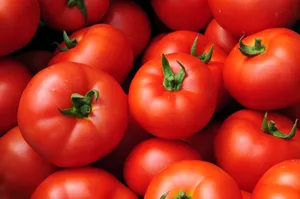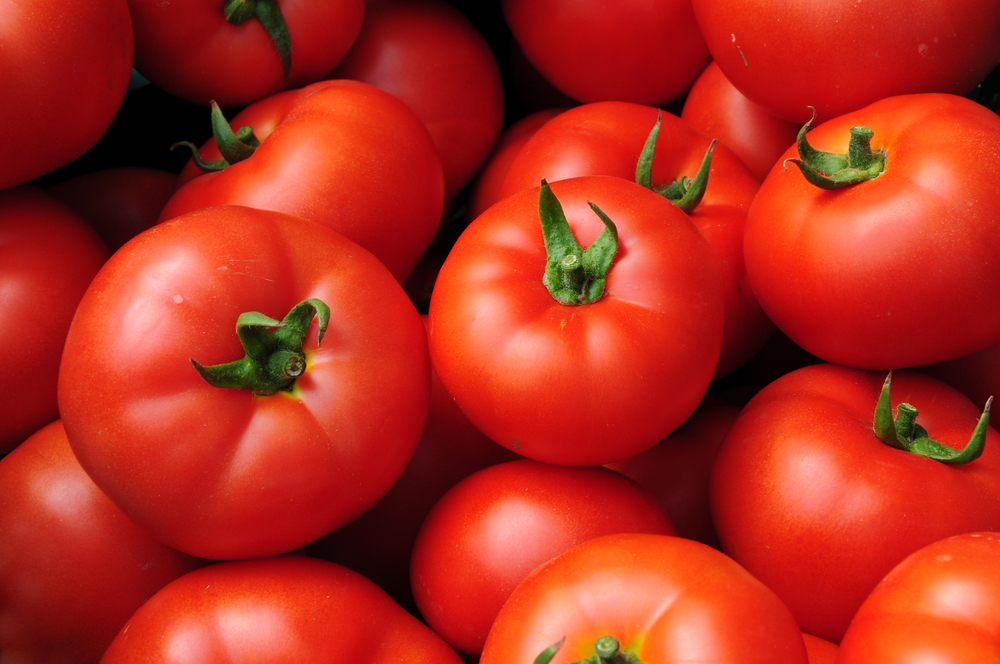
The study was conducted on over 1000 men over a 12 year period and discovered that the subjects who had higher levels of lycopene in their blood were much less likely to have a stroke in their future. The researchers also looked into other potential cause such as beta-carotene, vitamins A and E. These levels did not seem to have an impact on the reduction in the risk of a stroke.
Besides the increased levels of lycopene tomatoes are filled with things that your body craves. Inside a tomato you will find fibre, vitamin C, select B vitamins, potassium, and a number of antioxidants. A single tomato has almost no fat content, is quite low in sodium, and only possesses about thirty calories.
Lycopene can be found in a number of places in nature including tomatoes, watermelon, grapefruit, and guavas. One of the interesting facts that came out of this research is that the best way to get lycopene is not through supplements but tomatoes in their processed form. Tomato juice, ketchup, sauces and tomato paste are all sources of lycopene. Processed tomatoes are recommended due to the higher level of absorption that is possible.
Source: Winnipeg Sun



